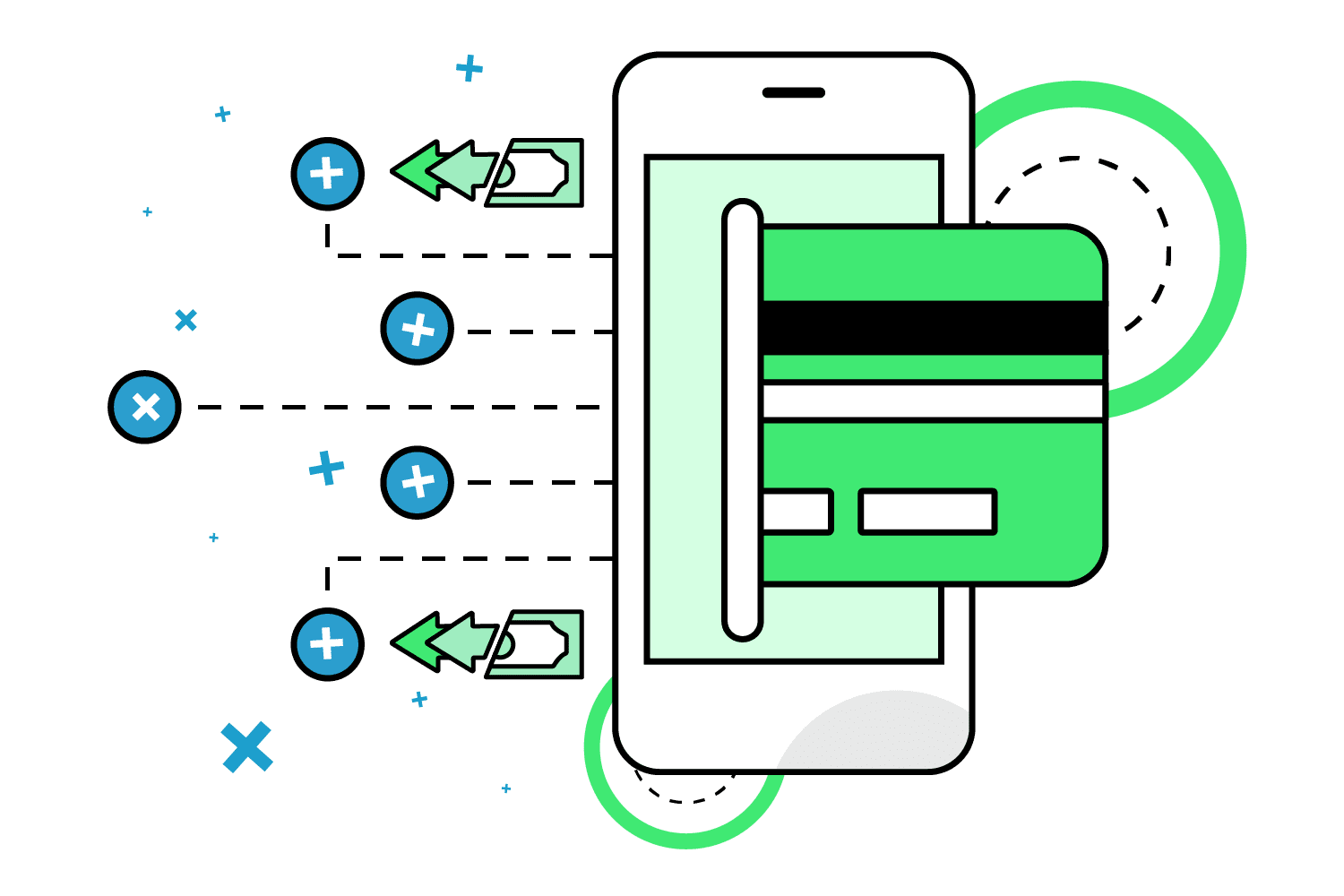Table of Contents
There’s a Different Kind of Disruption in FinTech
This week was supposed to be different. I had plans. I was supposed to be researching the roots of consumer-directed finance in Europe and taking a close look at the regulations paving the way for open banking in the United Kingdom. Enthralling, right? I was reading news articles, downloading documents, and combing through any information I could find about the origins of the revised Payment Services Directive, known as the PSD2, that’s aimed to promote the development of innovative online and mobile payments through the use of open banking technology. The thing about researching regulatory changes in the financial industry is that you quickly find yourself climbing backwards from one regulation to another. You discover that this regulation spawned that one, which is related to another earlier one—in this case, the Capital Requirements Directive. These regulations are all linked in a way, like a web of entangled red tape. The PSD2 is what I was supposed to be writing about. But that didn’t happen. Instead, I stumbled across a TechCrunch article related to the disruptive U.K. challenger bank Monzo, and I found myself focusing on disruption and the role it plays during the pandemic.
I didn’t do my job. The PSD2 post can wait for another day.
If you’ve read anything about open banking, you’ve heard of Monzo. Monzo was one of the first app-based challenger banks in the U.K. to compete against Europe’s big banks and challenge the traditional banking system—and it is one of the first to find huge success. With nearly 5 million customers today, the startup originally launched only 6 years ago, piggybacking on another financial institution’s banking license and card processor in order to offer pre-paid cards. At the time of launch, it’s reported Monzo only had an API that could be used to move money around, a little more than a dozen demo cards for a hackathon, and a waitlist of developers.
Since 2015, Monzo has scaled, experiencing exponential growth and acquiring its own banking license to become a fully online bank—no small feat in Europe and still a painstaking process that Monzo co-founder, Tom Blomfield, claims took nearly two-and-a-half years to achieve. Today, Monzo stands as a symbol of innovative disruption in financial services, a beacon for aspiring tech entrepreneurs and financial startups both in the U.K. and here in Canada.
Although Monzo has been a leader of innovative disruption in financial services, the disruption that they’ve experienced this past week is not the one coined by Harvard Professor Clayton Christensen. There’s another form of disruption that often goes unnoticed, and this week Monza co-founder, Tom Blomfield, spoke about it openly as he announced his intended departure from the challenger bank at the end of this month, saying, “I’m very happy to talk about what’s gone on with me because I don’t think people do it enough.”
And he’s right. That’s why I’ve shelved the post I was supposed to write this week in order to share his thoughts here.
Here’s Tom Blomfield speaking with TechCrunch:
“I think [for] a lot of people in the world — and you and I have spoken about this — going through a pandemic, going through a lockdown and the isolation involved in that has an impact on people’s mental health,” says Blomfield. “I don’t think I was any different, so I was really struggling. I had a really, really supportive exec team around me and a really supportive set of investors on board and I was really grateful that when I put my hand up and said, ‘I need help,’ they were super receptive to that.”
Blomfield’s departure from Monzo is a reminder that the pandemic and the subsequent lockdowns don’t just affect our industry in apparent ways that can be measured in numbers and rounds of funding. Our current circumstances can introduce different kinds of human pressures that can’t be measured, ones that play a vital role in the mental health of both our people and our leaders.
Like the invisible virus that keeps us locked away and apart from one another, mental health issues can be hard for us to see. So, stop. Take a moment. Step away from your work—hell, maybe it won’t get done today. Remember that we’re living under different pressures. And don’t be afraid to take Blomfield’s lead and speak up when you need help.
Open banking is here today, and it will still be here tomorrow.
We’ll write about it then.
Sources: https://techcrunch.com/2021/01/20/enjoying-life-again/ (Retrieved January 22, 2021)
https://monzo.com/ (Retrieved January 22, 2021)
https://stripe.com/en-ca/atlas/guides/ama-tom-blomfield (Retrieved January 22, 2021)
Comments are closed.





